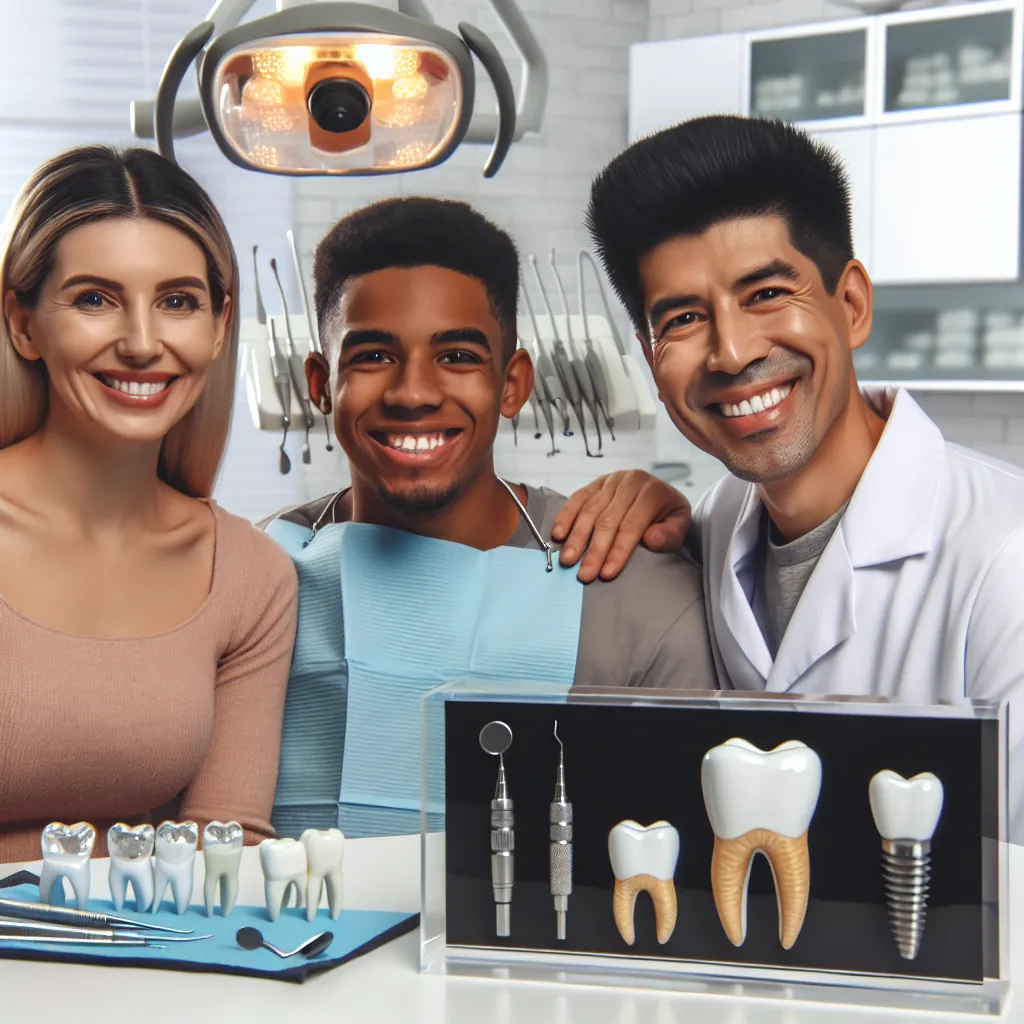Discover the real dental implants cost, what influences it, and how to make smart financial choices for your long-term smile investment....
Discover how same day dental implants provide quick, effective tooth replacement solutions. Get your confident smile in just one visit....
Discover how permanent dental implants restore function and confidence, offering a long-lasting solution for missing teeth....
Discover affordable, high-quality reasonable dental implants near me. Learn how to choose the best options for a confident, lasting smile....
Explore affordable full mouth dental implants to restore your smile, improve health, and save money with expert advice and real success stories....
Discover how full mouth dental implants restore confidence, function, and beauty with long-lasting, natural-looking results....
Discover how affordable full mouth dental implants can restore your smile, improve oral health, and fit your budget with expert insights....







